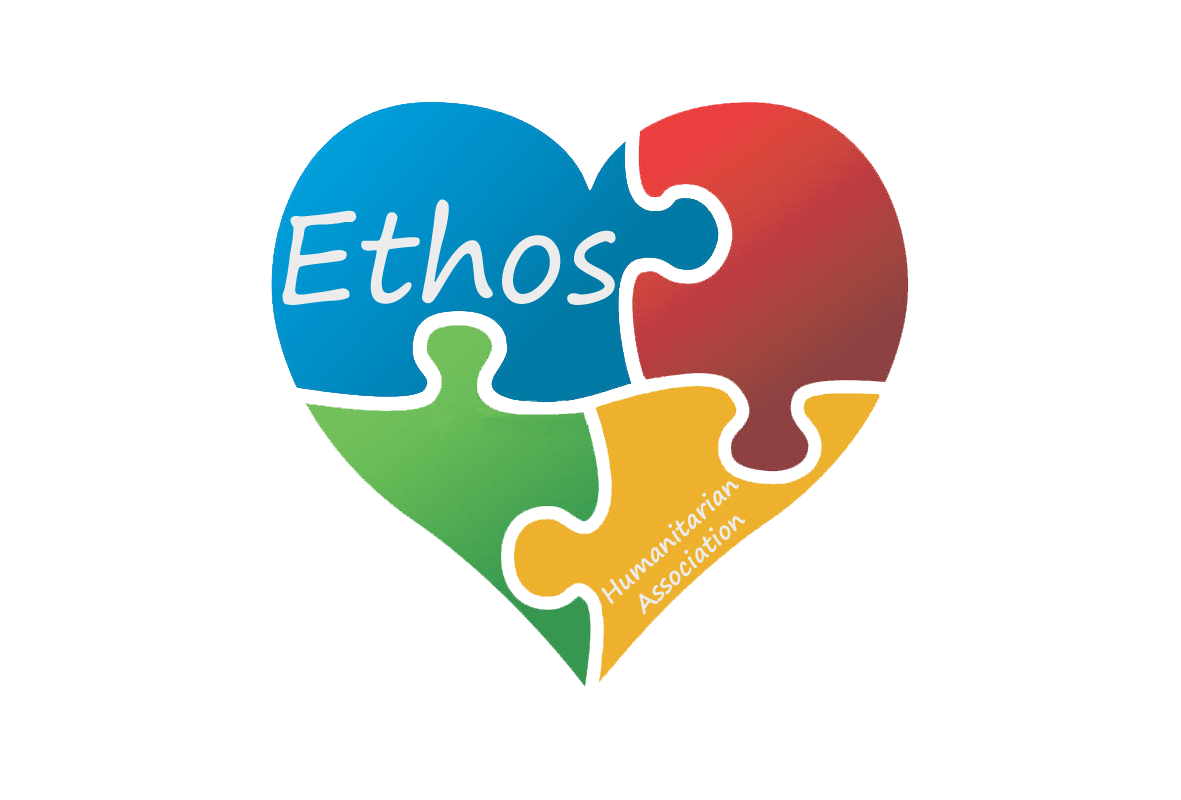
Following a 10-year financial crisis combined with the arrival of more than 20000 refugees during the past 3 years and a sharp increase in new arrivals from Evros crossing in the last year, the city of Thessaloniki is starting to witness a very high number of homeless people and the rise of xenophobic and extreme right attitudes. Despite the large scale humanitarian response from both government and international organisations, there are still major shortfalls in meeting the growing needs of the increasingly vulnerable population. As a result, many grassroots initiatives are being formed, both from the local and the refugee communities, aiming to cover some of the many gaps in the needs that are present.
To better respond to the challenges and with the intention to generate greater solidarity and social integration, a number of local and refugee-lead initiatives came together and joined resources to develop an action plan based on food as a medium of social inclusion and participation. Through a series of meeting Pervolarides of Thessaloniki and Ethos, each bringing their expertise and network of local volunteers, started to form the core group that supports the development of the following actions.
Community Cooking where the main objective is to prepare food for homeless people. Locals and refugees come together to meet their neighbours, to taste and learn new recipes and to share their love for food and for helping others. Community cooking also provides the basis for activities that promote healthy attitudes, agroecology and social integration.

A Community Space that will serve as a meeting node, a point of reference for people that want to offer their free time, talents and skills for community empowerment, social regeneration and integration. We are planning to organize ‘’open days’’, where we will invite the neighbourhood to join us, cook and eat together and meet each other.

An urban garden where we engage people in the creation of healthy food, promote collaboration and facilitate workshops on urban food cultivation that include methods to reduce food waste by encouraging people to produce compost from their own house waste, which can be used as a fertilizer in our garden.
Vocational trainings on ecological food cultivation, food preparation and preservation techniques, as well as training on apiculture and the production of honey.
Our aim is to create an open community comprising of both locals and refugees, to generate social solidarity and integration through cooking, urban gardening and apiculture, to support the development of vocational skills on agroecological practices and to provide access to healthy food for the people living in the streets.
